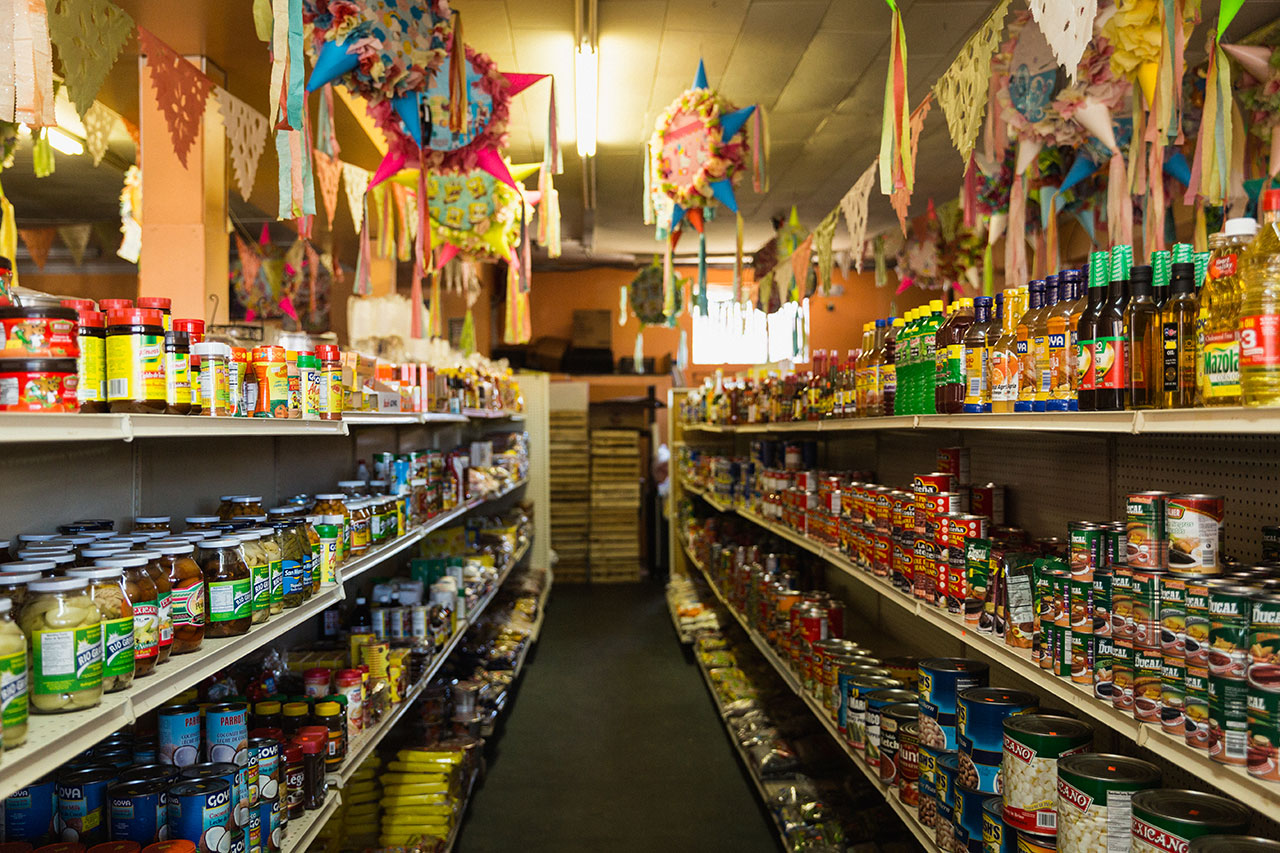By Jessie Johnson
MSNHA graduate assistant
When you think about the music scene in the Shoals, you do not think of country. You might think of Aretha Franklin, Percy Sledge or the Rolling Stones. Soul music, and the musicians it inspired, have defined the Shoals recording scene, but it is not the only genre that has kept it afloat. In fact, country music helped to diversify & expand the number of artists that came to record in the Shoals when soul’s mass appeal was declining in the mid-1970s.
Country music began to be the major music genre in Muscle Shoals studios in the late 1970s. Motown’s popularity pushed Southern soul down on the music charts & hurt the Shoals’ recording industry. The decrease in soul albums allowed studios such as Music Mill to grow while forcing studios such as FAME and Muscle Shoals Sound to change their target demographic.
soul down on the music charts & hurt the Shoals’ recording industry. The decrease in soul albums allowed studios such as Music Mill to grow while forcing studios such as FAME and Muscle Shoals Sound to change their target demographic.
Music Mill studio was opened in 1974 to record country artists & country music. It was the only studio in the Shoals that specialized in country music. When it was built, it was the largest studio in the area. Like the other studios in town, Music Mill was a place where artists of any race could write or record, Arthur Alexander was on the roster of songwriters in 1975 and recorded singles for his last album there. However, country music itself was not as accepting of Black artists.
By the late ’60s, country music had become associated with a push against the Civil Rights movement & “Black” music of soul and R&B. That made it increasingly harder for Black artists to break into the county music scene. They were often typecast as soul artists, while white artists & musicians could record any genre. Charley Pride illustrates this well. His manager went to great lengths to hide his race on his first album — Pride wasn’t pictured on the cover. After he had gained a fan base, his ethnicity was difficult to hide and Pride spent much of his time in the press discussing his race in tandem with his music.
The rise of country music production in the Shoals decreased the number of Black musicians who recorded in the area. They did not feel welcomed or accepted by the primary genre being produced in the region and oftentimes recorded in Memphis, Los Angeles, Detroit or New York with studios that produced music that they were allowed to own and perform.
(Photo of Music Mill Studio from Roots of American Music Trail website.)
Note: Check back next week for the final post in this three-part series on Shoals’ music recording.





